In today’s interconnected world, small businesses are no longer immune to the growing threat of cyberattacks. As businesses rely increasingly on digital platforms and technologies to operate, they become prime targets for cybercriminals seeking to exploit vulnerabilities and gain access to sensitive data. While implementing robust cybersecurity measures is essential, it’s not the sole solution to safeguarding your small business.
The Limitations of Security Measures Alone
Despite the abundance of cybersecurity solutions available, relying solely on these measures is not enough to protect your business from the ever-evolving threat landscape. Cybercriminals are constantly developing new and sophisticated techniques to bypass traditional security measures, making it crucial to take a comprehensive approach to cybersecurity.
One of the primary limitations of relying solely on security measures is that they often focus on prevention, rather than deterrence or preparation. While prevention is essential, it’s important to acknowledge that no security system is foolproof. Cybercriminals are persistent and resourceful, and they will exploit any weakness they can find.
Moreover, security measures can become outdated quickly as technology evolves and new threats emerge. Keeping up with the latest cybersecurity trends and vulnerabilities requires constant vigilance and investment. This can be a daunting task for small businesses with limited resources and expertise.
The Importance of Expert Management and Employee Awareness
To effectively navigate the complex cybersecurity landscape, small businesses need to go beyond simply implementing security measures. They should also focus on expert management and employee awareness.
Expert management involves having a dedicated cybersecurity team or partnering with a reputable cybersecurity firm to oversee your security strategy, implement appropriate measures, and continuously monitor and update your systems. These experts possess the knowledge and experience to effectively manage your cybersecurity posture, ensuring that your defenses are up-to-date and aligned with the latest threats.
Employee awareness is equally important. Cybercriminals often target employees through social engineering tactics, such as phishing emails and malicious links, to gain access to company systems. Training employees to recognize and avoid these threats is crucial to preventing successful attacks.
A Holistic Approach to Cybersecurity
A successful cybersecurity strategy for small businesses should encompass three key elements:
- Security Measures: Implement a layered approach to security, including firewalls, intrusion detection systems, antivirus software, and multi-factor authentication. Regularly update software and patch vulnerabilities.
- Expert Management: Partner with a cybersecurity firm or appoint a dedicated cybersecurity team to manage your security strategy, implement and maintain security measures, and continuously monitor your systems for threats.
- Employee Awareness: Educate employees about cybersecurity threats, including phishing scams, malware attacks, and social engineering techniques. Train them to recognize suspicious emails, links, and attachments, and how to report potential threats.
Conclusion
Cybersecurity is not a one-size-fits-all approach. The specific measures and strategies you need will depend on your business size, industry, and target audience. However, the principles of expert management, employee awareness, and a layered approach to security remain fundamental to safeguarding your small business from cyberattacks. By taking a comprehensive approach to cybersecurity, you can significantly reduce your risk and protect your valuable data and operations.














